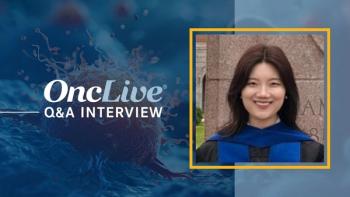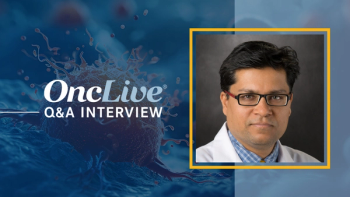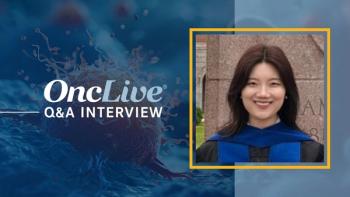
A Look at ZUMA-2 Trial
Bijal Shah, MD: In regard to the ZUMA-2 trial, there are a lot of things that are really important to know. One is that this trial really took on a very high-risk group of patients. The eligibility required that patients be either BTK [Bruton tyrosine kinase] intolerant or refractory. That means there are patients who came on the trial who didn’t respond at all to the BTK, and there are some who came on and relapsed within a short time or potentially a long time being on the BTK. But as others have heard me talk about in the past, when we see that BTK-relapse or BTK-refractory patient, they’re usually very proliferative, aggressive, and difficult to rescue. That was also seen on this trial when we look at the Ki-67, which was greater than 50% in a large percentage of these patients. We were all seeing TP53 mutations in a high proportion of patients who were enrolled on this trial.
This is typical of this population, and it also captures all the things that we hate most about mantle cell lymphoma. These are all the same things that make treatment with any drug, whether it is Revlimid, Velcade, you name it. You combine that TP53-mutation status with a highly proliferative disease, and we struggle. We really struggle.
The fact that Gilead [Sciences] chose to invest in this space was a very meaningful step forward, not just because they were willing to do it but because it worked. They treated this subgroup of patients with a cell dose of 2 x 106 cells/kg, and with this dose, they were able to show a 93% overall response rate. The majority—about two-thirds—were complete remissions. This is hitting it out of the park as far as I’m concerned. This is a space where we’re lucky to see anything, let alone complete remissions.
Adding to the response rates, we also have the published durability of response. When we look at it at 1 year, and even as far out as 2 years, the curve seems to be plateauing around 60%. That means we’re not only getting a high efficacy, but we’re seeing that these responses are durable over time. I’ve not seen anything like this in this population of mantle cell lymphoma, so I’m very encouraged by the data.
Transcript Edited for Clarity



































